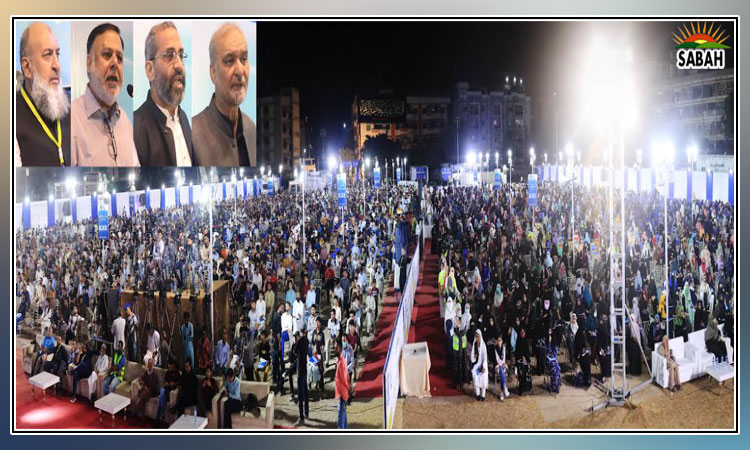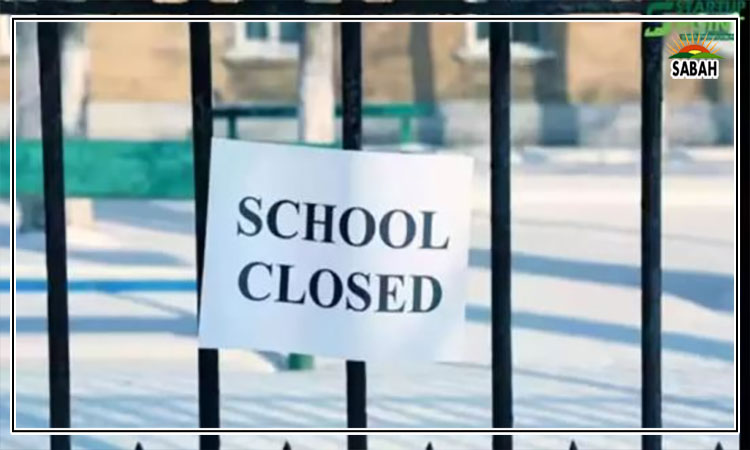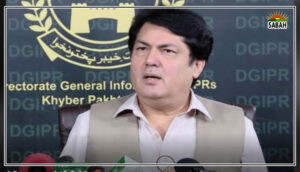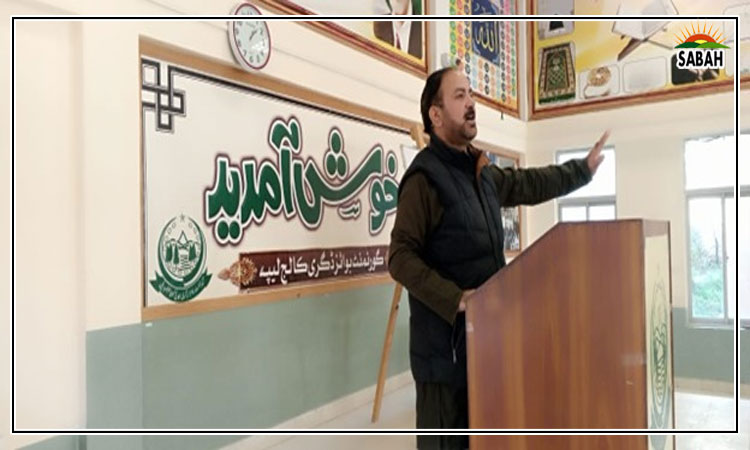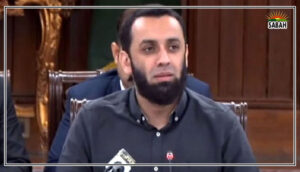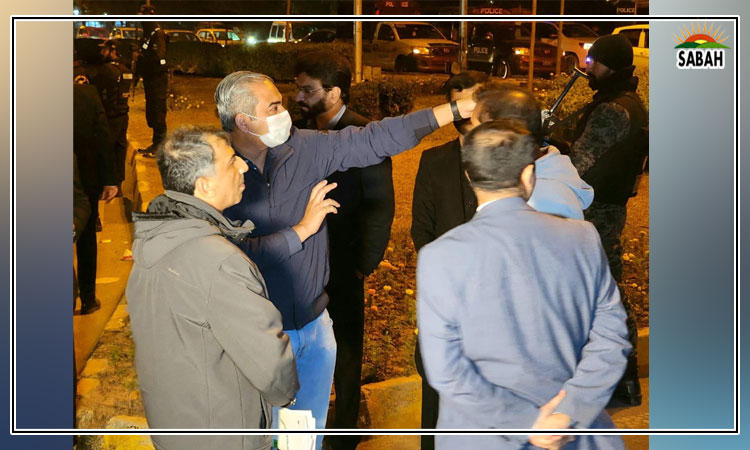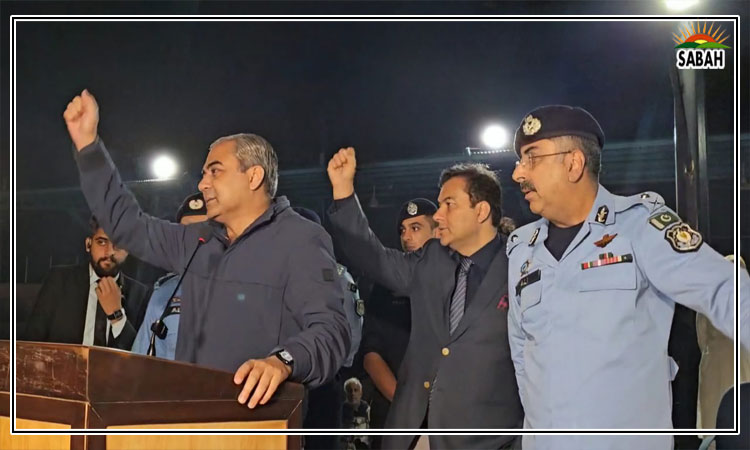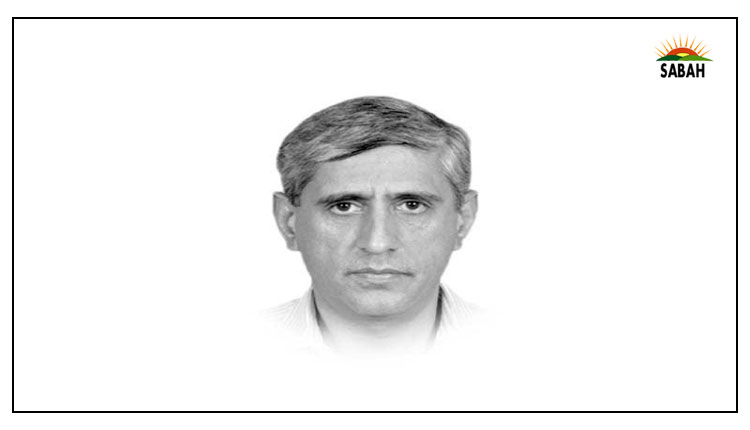Moscow calling…Dr Raashid Wali Janjua
In the blood curdling Russian winter of December 2023 a record was broken for maximum snowfall in 150 years on 5th and 6th December. Another record was being broken in the Valdai Clubs discussions in the cozy confines of the Moscow conference rooms where the international participants learnt that Russia had made a strategic shift from West to East. The news about the shift in geopolitical orientation was broken through a very effusive discourse by Russian Deputy Minister for Foreign Affairs, Mr Andrey Rodenko, as the snowflakes gently floated over the streets and cafes in the Golden Ring Road on which lay the impressive edifice of Russian Foreign Ministry.
The Russian Deputy Foreign Minister spoke in measured cadence of circumspect Russian mandarins, sharing the emerging lineaments of Russian Foreign Policy. There was a palpable sense of relief in Russia as the worlds attention was riveted on the unfolding Gaza tragedy instead of Ukraine. Mr Rodenko regarded the Russian pivot towards Asia as a well-considered act in response to the shifting of global politico-economic centre of gravity from Euro-Atlantic sphere to Asia. The change as per him was not an evanescent phenomenon like several US led forays towards East that had failed to develop a sustainable engagement. The moribund Trans Pacific Partnership (TPP) was cited as an example of American inconsistency.
Russia appears cognizant of a huge shift in worlds economic and geopolitical centre of gravity towards Asia-Pacific and believes that the world should follow Asian model of growth that is transparent, inclusive and beneficial for all. Compared to that the Western model based upon competition and creation of exclusive clubs is non-inclusive and domination oriented. Western countries are giving practical shape to this approach in the shape of minilateralism. The minilateral alliances like IIU2, Quad, Quad Plus, Chip Four and Aukus reflect the Western approach which essentially is geared less towards development and more towards containment of China. Contrarily the alliances and initiatives like ASEAN, SCO and CICA in Asia were predominantly development oriented.
Russia supports China and opposes de-globalisation stratagems like de-risking and decoupling. The present trade volume of $200 billion between Russia and China has the potential to grow in future. The possibility of energy trade with China and collaboration in infrastructural projects like North South Corridor was a consequence of strategic congruence of economic interests between the two emerging global powers. Global institutions like UNO and WTO were deemed effete and anachronistic that needed serious reforms to make those responsive to the problems confronting the world, especially the Global South. Russia evinced desire for engagement with India despite its reservations about Indias acquiescence to US diktat about containment of China.
Probably it is a desire on part of Russia to break free of the stultifying hold of the US inspired sanctions that drives it towards a new concept of integrative regionalism in the shape of alliances like Eurasian Economic Union (EEU), SCO and BRICS. The strengthening of BRICS and SCO to exert a stronger influence globally and regionally, in deference to emerging multipolarity in the world, was another preferred plank of Russian foreign policy. Russia supports the reform of international institutions to make those more effective and representative.
The failure of UN Security Council to prevent wars and enforce ceasefire during wars like in Gaza makes the reforms of these institutions a necessity, a step that Russia supports. The adversarial international environment has made Russia and China realise the importance of reducing reliance on Western energy markets. The need for new benchmarks for fixing energy prices and payments in non-dollar currencies has been felt by both Asian powers to reduce dependency upon West regulated energy market mechanisms. The imposition of economic apartheid by the West in the shape of sanctions and non-tariff barriers has made the Asian powers realise the value of resilient supply chains and greater intra-regional trade and connectivity.
Russian world view respects self-reliance and resilience. Neither in geopolitics nor in economics the implacable march of national interest is halted out of maudlin sentimentality. During Ivan The Terribles reign as Tzar, a proposal was received from Habsurbs to join a Peace Coalition. Tzar Ivan The Terrible sent a reply that he had already made a plan to annex a territory and that joining of coalition would compromise that plan. From Kazan, Tataristan, to former Soviet Republics the Russian bear had continually expanded its territories, acting ostensibly in the national interest. Ukraine and Crimea held special place in Russian hearts and it was only logical that the sheer weight of Russian expansionism be directed towards them.
Russians remember their defeats as well as victories. All iconic churches like Church of Christ the Saviour and the church in front of Kremlin were in fact war memorials. These war memorials cum churches reflect the Russian desire to celebrate victory in pursuit of Russian national interests. People unaware of the Russian psyche make fundamental errors while reading the Russian minds. It was this psyche that forced Ivan The Terrible to covet Ukraine because of one of his ancestors claim over the Ukrainian territory. It was this predilection for territorial defence that probably convinced Putin to invade Ukraine. He had assumed that the Russian military juggernaut would run over Ukraine within weeks before replacement of President Zelensky with a pro-Russian leader.
The Ukrainian war had led towards record inflation in Russia along with shortage of workers due to war mobilisation. The protracted conflict had taken 200,000 Russian military lives with exactly the same number of casualties suffered by the Ukrainian Army. The civil society that had remained dormant during Putins reign had started flexing its muscles, led by the wives and families of the Russian troops on the frontline who were agitating for rotation of manpower to enable return of their relatives after long. There was a subliminal feeling of war weariness amongst Russians who felt that the war objectives had already been achieved after Russia established a land bridge to Crimea and that any further continuance of the war was not likely to yield additional dividends.
The acceptance of the ceasefire on the condition of retention of land bridge to Crimea was a distinct possibility but would the US and Ukraine bite? That is the million-dollar question while Moscow calls for an equitable world order through reformation of the existing international institutions for peace mediation and economic regulation.
Courtesy The Express Tribune


